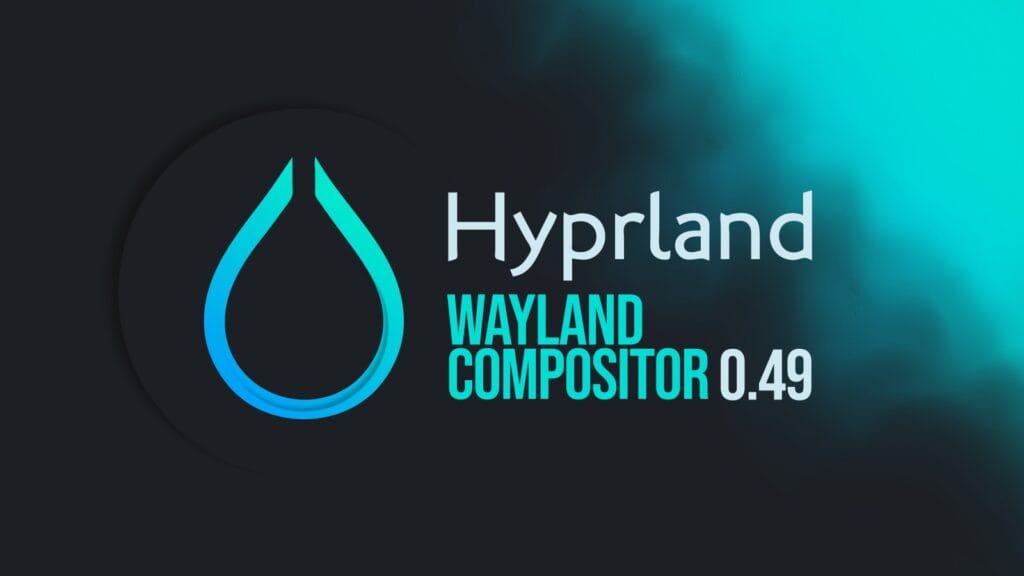Over a month after its previous 0.48 release, Hyprland, a favorite among fans of eye-pleasing tiling window compositors, has just rolled out version 0.49, delivering some refinements, fresh capabilities, and, yes, a handful of breaking changes.
Several configuration options have been renamed or repurposed, so your dotfiles might need a little TLC:
- The old
cursor:warp_on_change_workspaceno longer applies to special workspaces; instead, usewarp_on_toggle_specialfor more granular control over cursor warping. - What was once
master:center_master_slaves_on_righthas been generalized tomaster:center_master_fallback, offering more flexible placement beyond just the right-hand side. - Finally, to tighten security around package management, Hyprland’s built‑in package tool (
hyprpm) now requires your sudo password for any sensitive operations. Consequently, your enabled repositories and plugins will reset to defaults after the update, so don’t be surprised if you need to re-enable a few of your favorite extensions.
On the new features side, Hyprland 0.49 introduced a permissions framework. Historically—and in fact, still in most other Wayland compositors—any application could surreptitiously take screenshots or record the screen via direct protocol calls, bypassing the portal mechanism entirely.
From now on, however, screen capture and other sensitive operations are gated behind explicit permissions. If an app hasn’t been granted the right to record, you’ll see an Android‑ or iOS‑style prompt asking for your go‑ahead.
Permission management is disabled by default at launch, but it’s easy to flip on via the wiki’s detailed instructions—so at the end of the day, you decide which tools get the green light.
Beyond permissions, Hyprland has added support for two new Wayland protocols: xdg-system-bell and xdg-toplevel-tag. Moreover, device-specific customization is growing sharper:
- Keybindings can now be toggled off per individual device, which is a real boon if you rely on multiple keyboards or gaming peripherals.
- The ANR (Application Not Responding) detection’s “missed pings” delay is now configurable, giving you more breathing room before the compositor flags unresponsive clients.
- Mouse interaction has been beefed up, too—you can bind click-and-drag actions independently from simple clicks, making advanced gestures a breeze.
Meanwhile, the groupbar, which many users employ as a simple yet powerful status indicator, gains adjustable font weight, configurable gaps, and text‑offset settings, letting you fine‑tune its appearance.
Under the hood, a few new socket2 events (monitorremovedv2, minimized) and window rules (nofollowmouse, noclosefor) further expand what scripts and tiling rules can achieve.
As usual, this new release also includes many bug fixes. The complete list can be found on the project’s GitHub page. For more details, check out the announcement.
